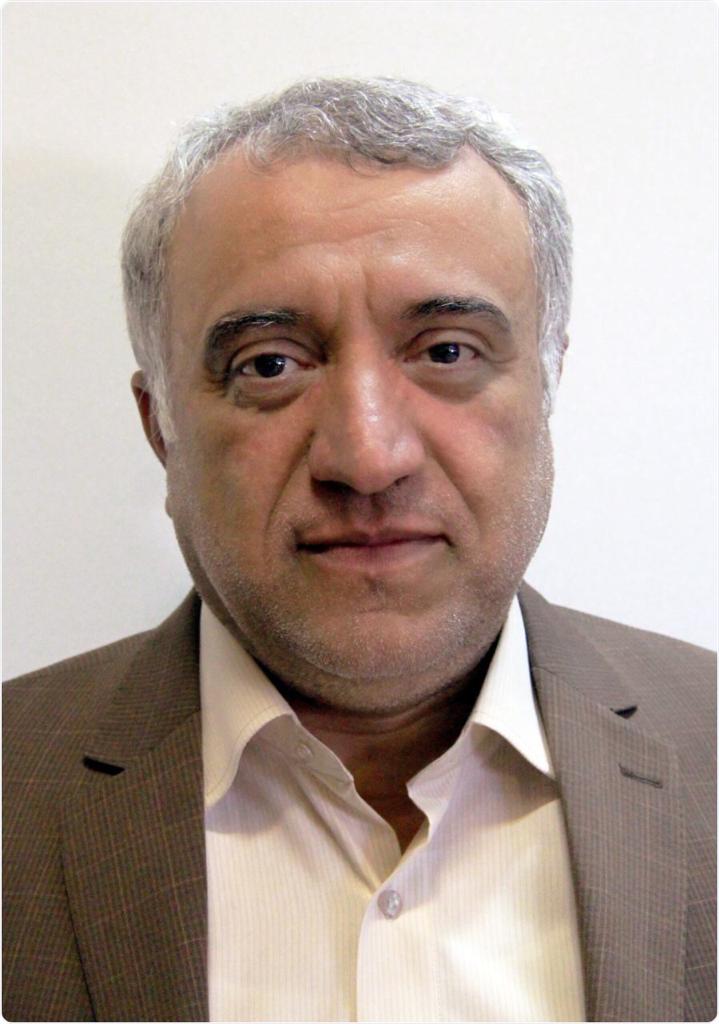Particle Physics
Particle Physics
Belief in a lawful universe, has always encouraged human in discovering the laws preside over it, which in turn is complemented by the belief that the laws which govern the parts, also govern the whole. Consequently, human has strived to identify each of these constituent parts in order to uncover the aforementioned laws. Over the transition from our macroscopic surroundings to their integral parts, we reached the molecules, atoms, electrons and nucleus, protons and neutrons, followed by their respective constituents, and so on and so forth. Over the past century, research and discoveries in physics became so extensive that no physicist would find himself able to know them all, leading the physics to be divided into specialized discipline of some close subjects in order to expand our knowledge in a similarly parallel and encompassing manner.
Particle physicists are at the end of the nature discovery chain. Particle physics studies what can be considered essentially the building blocks of creation. Such particles are fundamental in nature, thus having no inner structure themselves. In order to study such particles and find their secrets, it is required to collide them with the highest velocity and energy we can, and study the interactions between them. To do so, we require colossal particle accelerators accompanied by extremely sensitive detectors. Nowadays there are a few such laboratories due to their expensive nature, which leads them usually being multinational organizations.
The particle physics branch includes the most active theoretical groups that try to explain the behavior of particles in a consistent way using the latest mathematical achievements. Although we propose that these particles which are the building blocks of the nature, interact in the simplest ways, this does not mean that even the simplest problems are being solved easily. Nature has taught us that each set of rules, has their own range of validity, and eventually have to be modified or generalized through the time. Nowadays, particle physicists are active in numerous fields such as Standard Model and models beyond that, quantum gravity, cosmology, dark matter and dark energy. In addition, they address fundamental issues such as the space, time, matter, vacuum, and so on.

Azizollah Azizi is interested in studying fundamental aspects of nature; such as space, time, matter, vacuum. He studies and researches in classical and quantum field theories, particularly quantum gravity and solitons.

Fatemeh Falahati is interested in study of effective field theories, which are useful in quantum filed theories and newer physics, and even have many applications in other backgrounds of theoretical physics. In addition, investigations and applications of different methods in quantum chromodynamics is her another interest.
Majid Hashemi is interested in study of production and decay of high energy particles and their interactions in high energy physics experiments. In order to do so, he performs simulation of high energy particle collisions in detector environment and investigates properties and observability of particles predicted in some theoretical models.



